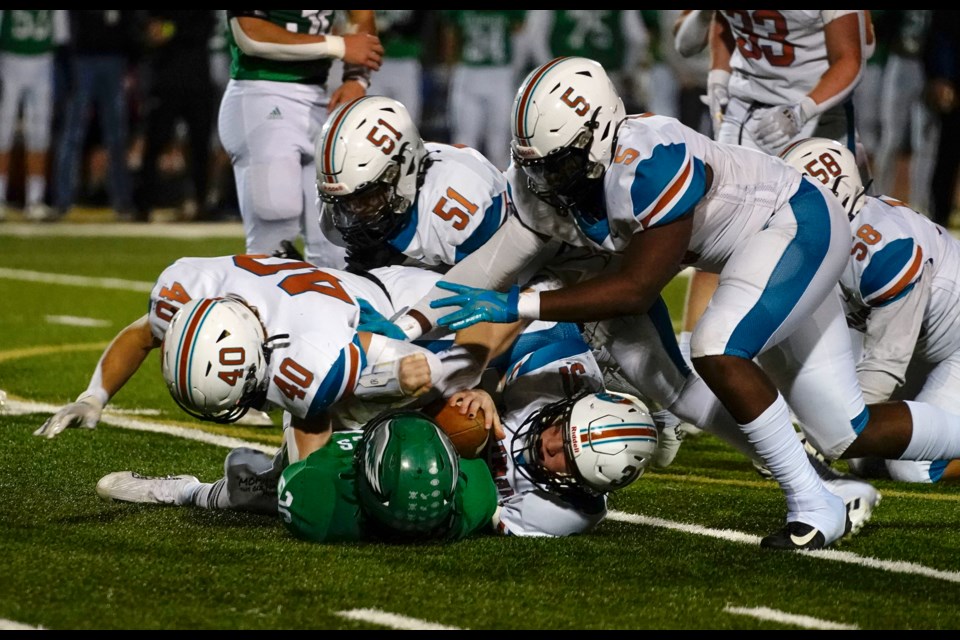Hard to believe, but back to school is already here.
Besides backpacks and books, back to school also means sports physicals for high school and college student-athletes. Under Arizona state law, students are required to have a physical examination before engaging in school athletic activities to determine if they are at a high risk of symptoms or injury while playing sports.
This back-to-school season, physicals are especially important because of the record-shattering temperatures facing student athletes as they hit the practice field.
“Sports physicals are required no matter how hot it is outside,’’ said Dr. Genevieve Lambert, a Banner Health sports medicine physician at who works with high school football teams. “But this summer, it is crucial that only healthy kids are out there playing. If they aren’t 100 percent, they are going to have a very hard time coping with the heat. Kids always think of themselves as indestructible but it’s all of our jobs to make sure they are in the right condition for school sports.’’
Banner Urgent Care provides sports physicals that look at a student’s medical history, as well as evaluate cardiac, lung and neurological functions. An electrocardiogram, EKG, may also be used to monitor their heart’s electrical activity. Providers also ask questions to help determine mental-health issues such as anxiety and depression.
Sometimes, sports physicals show underlying problems such as a heart condition that needs follow up.
“With it being as hot as it is outside, we want to make sure that the students who are out there practicing are in good physical shape,’’ Lambert said. “If there are any underlying conditions that can really affect how well they tolerate the heat.’’
Even student athletes who pass the physical need to be diligent about their hydration levels during school practices.
“We are urging them to prepare for practice the night before and start hydrating then as well as before and during practice. And if they experience nausea, dizziness, headaches during practice, they need to stop and immediately notify their coaches and trainers," Lambert added.



